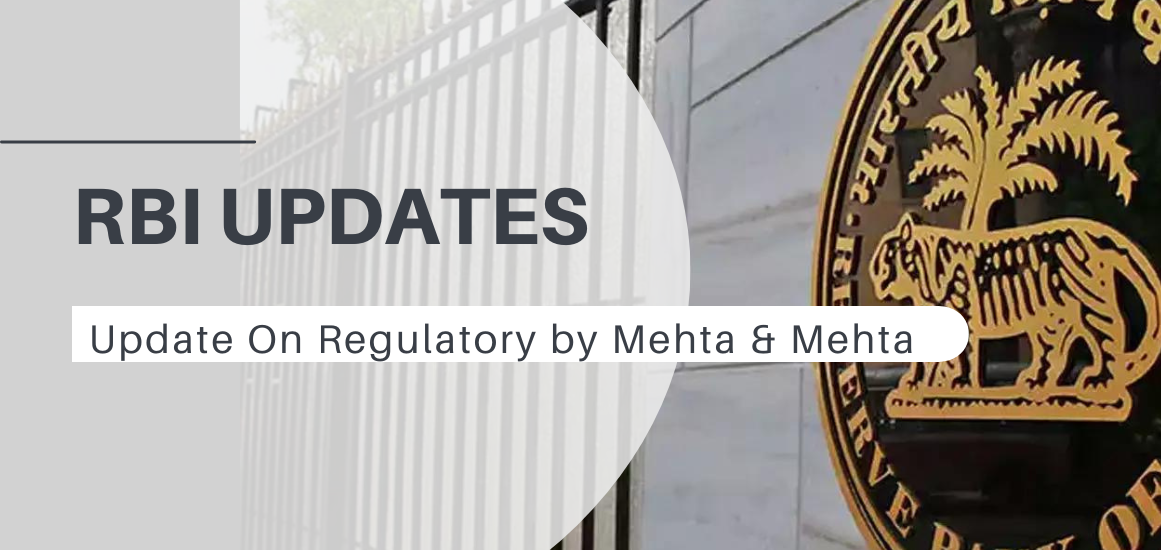



Prudential treatment in respect of Government Debt Relief Schemes (DRS)
Participation in the DRS
REs may decide on participating in a particular DRS notified by a Government, based on its Board approved policy, subject to the extant regulatory norms. Any provision of the scheme that may warrant modification in long term interest of the borrowers or for prudential reasons may be duly brought to the notice of the concerned authority/ies through the State Level Bankers’ Committee (SLBC)/ District level Consultative Committee (DCC), during the consultation phase while designing the DRS.
The REs shall clearly determine the eventual outstanding that may crystallise in their books in respect of the borrowers proposed to be covered under the DRS, including the accumulated interest in non-performing accounts, by the time the dues are settled under the DRS, to enable the Government to suitably arrange for the extent of fiscal participation.
Coverage / Selection of Borrowers under DRS
The REs shall ensure that the borrowers to be covered under DRS are selected strictly as per terms of such schemes so as to avoid subsequent non-admission by the authorities on technical grounds.
The terms and conditions of the scheme as well as the prudential aspects, including cooling period for extending fresh credit, impact on credit score etc., shall be clearly communicated to the borrowers at the time of obtaining explicit consent from the borrower for availing benefits under the proposed DRS.
Model Operating Procedure Government Debt Relief Schemes (DRS)
Coverage and Meaning
For the purpose of the Model Operating Procedure (MOP), Debt Relief Schemes (DRS) refer to Schemes notified by the State Governments that entail funding by the fiscal authorities to cover debt obligations of a targeted segment of borrowers that the lending institutions are required to sacrifice/waive.
Announcement / notification of any such DRS should include the specific stress or distress situation necessitating announcement of such support. Given the broader implications of such DRS for the credit culture, while broad based relief measures can be addressed through pure fiscal support in the form of Direct Benefit Transfer (DBT), DRS should be considered only as a measure of last resort when other measures to alleviate financial stress have failed.
Link – https://www.rbi.org.in/Scripts/NotificationUser.aspx?Id=12760&Mode=0